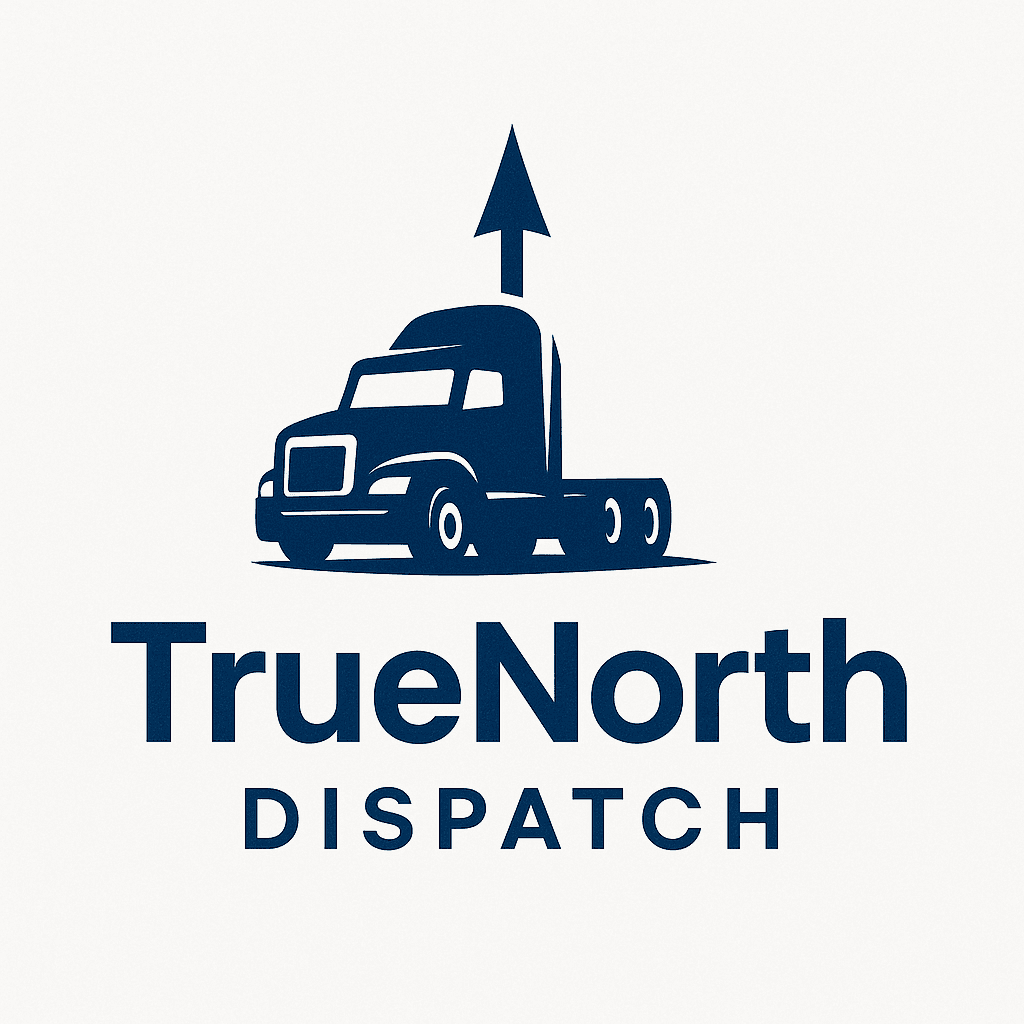Case Study: Successful Implementation of Efficient Route Planning Strategies
Introduction
In today's fast-paced world, businesses face increasing pressure to optimize their operations and enhance customer satisfaction. One area that has seen significant advancements is route planning. Efficient route planning strategies can dramatically improve delivery times, reduce fuel consumption, and enhance overall operational efficiency. This case study explores a successful implementation of such strategies, highlighting the benefits and outcomes achieved.
Understanding the Challenge
A leading logistics company faced challenges with their existing route planning system. The routes were often inefficient, leading to increased fuel costs and delayed deliveries. Customer complaints were rising, and the company realized the need for a robust solution to streamline their route planning process.
To tackle these issues, the company decided to invest in advanced route optimization software. This decision marked the beginning of a transformative journey toward more efficient logistics operations.
The Implementation Process
The first step in the implementation process was to conduct a thorough analysis of the existing routes. The company gathered data from various sources, including GPS tracking and customer feedback, to identify problem areas.
Next, they collaborated with a technology partner to integrate a state-of-the-art route optimization tool into their operations. This tool used sophisticated algorithms to analyze traffic patterns, delivery windows, and other variables to generate the most efficient routes possible.

Key Features of the Solution
The implemented solution offered several key features that greatly enhanced the company's route planning capabilities:
- Real-Time Traffic Updates: The system provided live traffic updates, allowing drivers to avoid congestion and delays.
- Dynamic Route Adjustments: Routes could be adjusted on-the-fly based on real-time conditions and last-minute delivery changes.
- Integrated Customer Communication: Automated notifications kept customers informed about delivery times and any changes.
Outcomes and Benefits
The results of implementing the new route planning strategies were remarkable. Delivery times were reduced by 25%, leading to higher customer satisfaction rates. Fuel consumption also decreased significantly, contributing to lower operational costs and a reduced carbon footprint.

Additionally, the company saw a noticeable decrease in customer complaints, as timely deliveries became the norm rather than the exception. Employees reported improved morale, as the streamlined routes reduced stress and allowed for more predictable work schedules.
Lessons Learned
This case study highlights several important lessons for other businesses looking to implement efficient route planning strategies:
- Invest in Technology: Embracing advanced technology is crucial for optimizing operations and staying competitive.
- Data-Driven Decisions: Leveraging data allows for informed decision-making and more accurate route planning.
- Continuous Improvement: Regularly reviewing and adjusting strategies ensures ongoing efficiency and effectiveness.

Conclusion
The successful implementation of efficient route planning strategies can lead to substantial improvements in operational efficiency, cost savings, and customer satisfaction. By investing in the right technology and leveraging data-driven insights, businesses can transform their logistics operations and achieve long-term success. This case study serves as a testament to the power of innovation in optimizing route planning processes.
